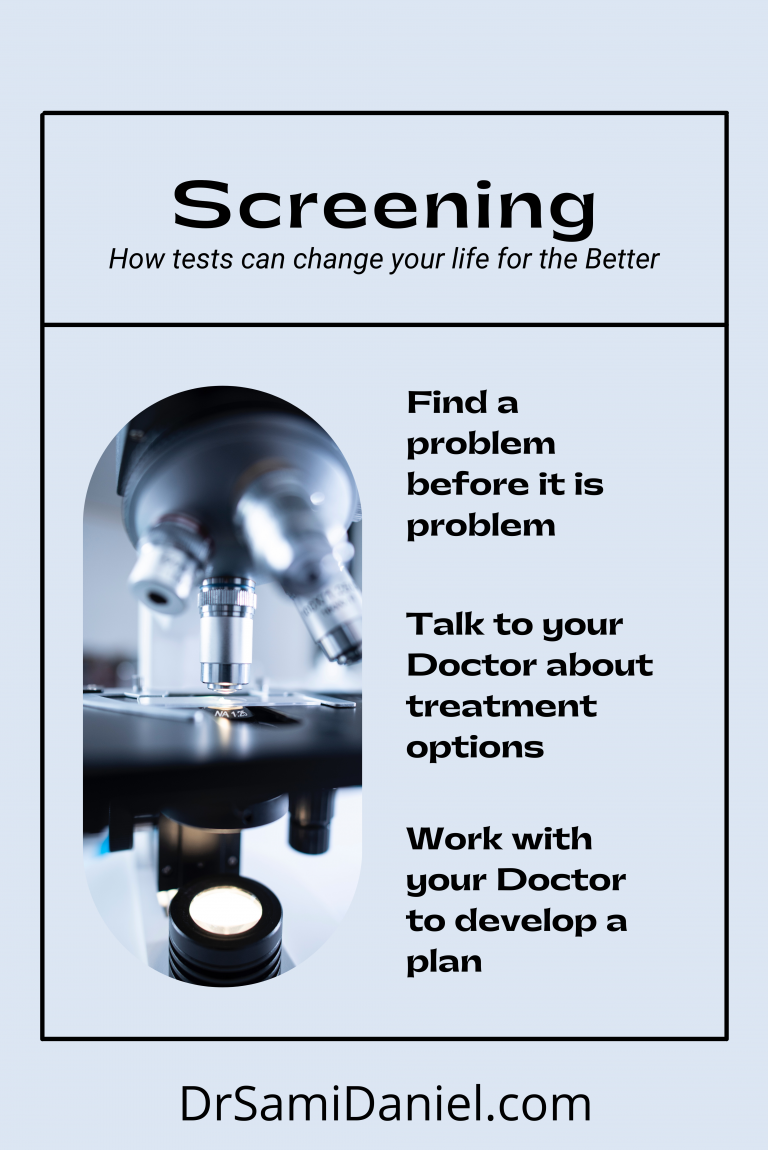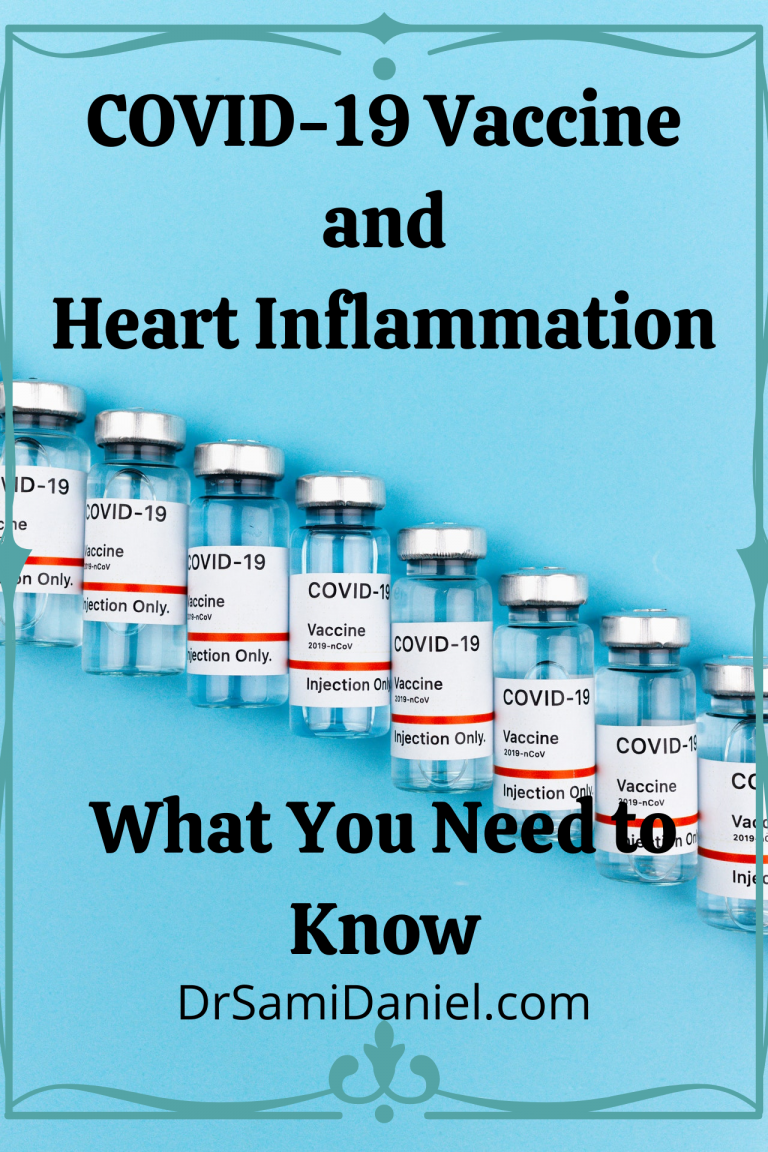How to Understand and Control Your A1C
The A1C is an important number for those people diagnosed with diabetes.
When you first hear of A1C, it almost sounds like the latest model produced by Porche.
The Carrera, the Boxter, the 911 Turbo, and the pièce de résistance, the A1C Gleukos.
The A1C is not a car (not to my current knowledge). However it is a vital number that all people with diabetes, and family history of diabetes, need to pay attention.
We will talk about why this number is important, how it works, how you can control and reduce it, and what steps you can take with your Doctor to prevent complications of diabetes like kidney failure, heart attack, and stroke.
What is A1C
A1C is short-hand for Hemoglobin A1C, which is a glycated hemoglobin. Umm… What?!
Let’s start from the beginning.
Your red blood cells travel in your blood vessels. These red blood cells carry nutrients and oxygen to the different parts of your body.
Your red blood cells use a molecule called hemoglobin to help carry oxygen to the different parts of your body. But that’s not all hemoglobin can do.
Hemoglobin can get attached to sugar. This is not its primary function. But sugar can get “stuck” to hemoglobin molecules. And if there is too much sugar, more can stick to hemoglobin.
So the hemoglobin A1C tests for how much sugar is stuck to your hemoglobin.
A1C every 3 months
Ever wonder why you can only check your A1C once every 3 months?
Each red blood cell has a life span of about 3 months. At the end of 3 months, the red blood cell is broken down and recycled.
Because your red blood cells contain hemoglobin, and because sugar can stick to hemoglobin, the A1C can be used to see the average blood sugar for the last 3 months.
Some people try to be “good” for a day or a week before their Doctor’s appointment. But you will have to be “good” for a full 3 months before expecting a good test result at your appointment.
Why is this?
Average Blood Sugar and A1C
The average blood sugar level over 3 months creates the A1C.
One reading of 200 will not cause an elevated A1C. Just like one reading of 90 will not lead to a normal A1C.
A1C is an average of all your blood sugar levels throughout the last 3 months.
An A1C of 6.4 and greater is diagnostic for diabetes. That would mean that your average sugar levels have been about 140 mg/dL (normal is between 75 – 100, and usually 90).
My Sugar Reading is Normal, but My A1C is High
A single blood sugar reading is like taking a picture. You only capture a moment in time.
You will only see what your sugar level was in that moment.
If you check your glucose levels before breakfast, you may get a normal number.
However your readings are constantly changing throughout the day because your body has different requirements throughout the day.
If you eat, blood sugar will go up briefly and come back down to normal. If you don’t eat, blood sugar will remain steady.
Most people are only able to get a snapshot of this rise and fall with their glucose monitor.
But the A1C offers us a video recording of the continuous rise and fall of blood sugar for the last 3 months.
So even though the daily glucose checks indicate that our blood sugars are controlled, the A1C can tell a different story.
The Doctor makes sure to check the A1C for this reason. And determines a treatment plan based on this wholistic understanding of your body’s daily functions.
How Can I Get My A1C Down Quickly?
Step 1: Establish your healthcare team.
You are the most important member of your healthcare team. Followed by your primary care physician, endocrinologist, and any other specialist you discuss with your Doctor.
Step 2: Diet and exercise modification
The second step is to pay attention to your diet and exercise. Most people with diabetes have had poor diet and exercise regimens for a prolonged period of time.
Getting diet and exercise on point is often the best way to control blood sugar levels and start on your path to success.
This includes but is not limited to decreasing simple carbohydrate intake, increasing fiber intake, and walking daily for 30-45 minutes.
Step 3: Talk with your Doctor about medications
Medication is the third step (although this can also be combined with step 2 changes if urgent).
Medications are important in one of 2 ways:
- Your blood sugars need to be under control quickly to avoid dangerous consequences.
- Your blood sugars are not completely controlled by diet and exercise modifications. So medications give a little push in the right direction.
In either scenario, medications should be best suited to your needs. They can be used right away to control sugars quickly and avoid serious problems. They can also be used after trying diet and exercise assuming blood sugars are not too high. Speak with your Doctor to decide what is right for you.
What’s Your Plan?
Diabetes is a multi-faceted disease. Therefore you need to have a multi-faceted plan.
- When do you check your blood sugar?
- You need to know how many times per day.
- Once in the morning before breakfast?
- Once before every meal?
- How will you keep track of the information?
- Do you have a log book? (This if often recommended)
- When do you take your medications?
- Different medications have different frequencies.
- Once a day? Twice a day? Three times a day? Only with meals?
- You want to control your blood sugars to prevent complications. So find a way to keep track.
- When are your check-ups?
- Does your Doctor want you to come back every 3 months? Every 6 months?
- This often depends on how well controlled your blood sugars are.
- Make sure you know your appointments and keep them. They are small milestones to track your progress and make sure you don’t get off track.
- How do you deal with stress?
- Stress releases the hormone Cortisol.
- This hormone engages the “fight or flight” response.
- This response prepares you to fight or run away. So Cortisol will dump more sugar into your blood for your muscles to use.
- This can increase blood sugar levels, especially in people with diabetes.
- Find your “Off-switch” and allow yourself time to decompress from stress.
- Stress releases the hormone Cortisol.
- What is your exercise regimen?
- Exercise is an excellent way to decompress.
- Walking at a brisk pace for 30-45 minutes per day is often recommended by the American Heart Association.
- For added destressing benefit, think about what you are grateful for in this life.
- Expressing gratitude is a great way to refocus your mind on the precious moments of life.
- How will your diet change?
- Decreasing processed carbohydrates and increasing complex carbohydrates and fiber intake are essential to success.
- Look to increase protein intake as well as cruciferous vegetables.
- Kidney disease is a prominent problem in people with diabetes. And vegetables have potassium. Speak with your Doctor to ensure your potassium levels and kidney function are good.
- How will you improve other health parameters?
- You must be mindful of your health in other ways.
- Blood pressure checks are important as high pressures can exacerbate the effect of diabetes.
- Cholesterol levels are also a big problem in people with diabetes. They must be controlled to reduce the risk of heart attack and/or stroke.
- The immune system takes a hit in a person with diabetes. Therefore infections are easier and wounds are more difficult to heal.
- Keep an eye on your skin and feet. Places that are easily overlooked so that infection does not go unnoticed.
- Yearly eye exams are essential since diabetes can cause retinopathy. A problem with the light-sensitive retina in the back of the eye which can cause irreversible vision changes.
- Quit smoking. Smoking increases the risk of heart attack and stroke. There is an even greater risk in people with diabetes.
Conclusion
The A1C is a vital piece of information, not a car.
It tells us how well controlled the blood sugars have been over the last 3 months.
Based on this information, you can have an educated discussion with your Doctor about the best treatment plan for you.
Always keep in mind that your healthcare team is your best resource. This article might help shed some light on a few things. But this article cannot know your medical history and offer a discussion about your best suited treatment.
I only hoped to explain the A1C, why it is important, and what you can do to improve your health.
If you have questions or comments, please share them below to help others have more insightful conversations with their Doctors.








2 Comments